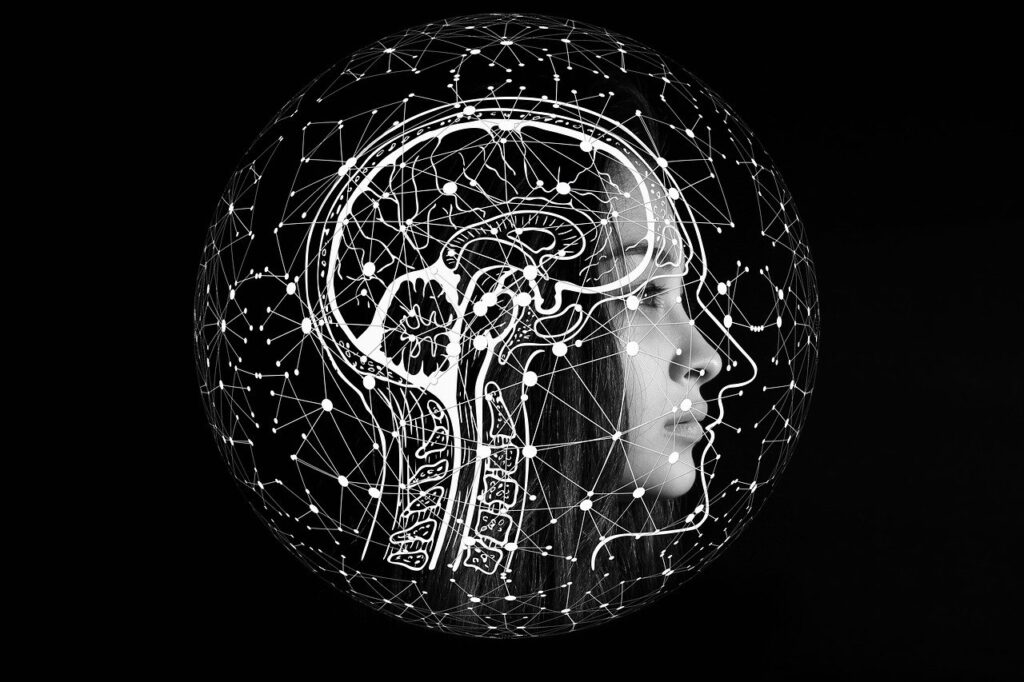Contents
ToggleThe Future of AI: Opportunities and Challenges
The development of Artificial Intelligence (AI) has been one of the most significant technological advancements in recent years. AI is transforming the way we live and work, and its impact is only set to increase in the coming years. From autonomous vehicles to virtual assistants, AI is making our lives easier, more efficient, and more productive. However, as with any new technology, AI also presents a range of challenges and ethical concerns that need to be addressed.
In this blog post, we will explore the opportunities and challenges presented by AI and its potential impact on our society.
Artificial Intelligence is a branch of computer science that involves the development of intelligent machines that can perform tasks that typically require human intelligence. These tasks may include speech recognition, decision- making, language translation, and image recognition. AI has become an essential part of our lives, from the smartphones we use to the medical equipment in hospitals.
The development of AI technology has a long history, dating back to the 1950s when computer scientists first began exploring the idea of creating machines that could think and learn like humans. However, it is only in the last decade that we have seen significant advancements in AI technology, thanks to breakthroughs in deep learning algorithms, natural language processing, and computer vision.
AI Opportunities
01. Advancements in AI technology
Recent advancements in AI technology have opened up new opportunities for businesses and individuals. Deep learning algorithms, for example, enable computers to learn from vast amounts of data, allowing them to make accurate predictions and decisions. NLP has made it possible for computers to understand and generate human language, while computer vision enables machines to recognize and interpret images and video.
02. Increased efficiency and productivity
AI technology can automate repetitive tasks, freeing up time for humans to focus on more complex and creative work. AI can also analyze vast amounts of data much faster and more accurately than humans, providing insights that would be impossible to obtain otherwise.
03. Improved decision-making and problem-solving
AI algorithms can provide precise predictions and recommendations, helping businesses and individuals make better decisions. For example, AI-powered systems can analyze large datasets to predict customer behaviour, enabling businesses to optimize their marketing and sales strategies.
04. New job opportunities in AI-related fields
As AI technology continues to advance, new job opportunities will emerge in AI-related fields such as data science, machine learning engineering, and AI ethics. These jobs will require specialized skills and knowledge, providing new career paths for individuals interested in AI technology.
AI Challenges
01. Ethical concerns surrounding AI
One of the biggest challenges associated with AI is the ethical concerns surrounding its use. AI algorithms can perpetuate biases and discrimination if they are based on biased or incomplete data. Privacy and surveillance are also significant concerns, as AI algorithms can collect vast amounts of personal data. There is also the risk of AI being misused, either intentionally or unintentionally.
02. Job displacement and income inequality
AI technology has the potential to automate many jobs, leading to job displacement and income inequality. However, the development of AI technology will also create new jobs, requiring different skills and knowledge. Addressing these challenges will require retraining and upskilling, as well as policies to ensure that the benefits of AI are shared more equitably.
03. Privacy and security risks
As AI algorithms collect and process large amounts of data, there is a risk of data breaches and privacy violations. Strong cybersecurity measures will be essential to protect personal data and prevent unauthorized access.
04. Bias and Discrimination in AI Algorithms
AI algorithms can perpetuate bias and discrimination if they are trained on biased or incomplete data sets. This can have a significant impact on marginalized communities, reinforcing existing inequalities and discrimination. Addressing this challenge will require the development of diverse and representative data sets and the implementation of ethical AI practices.
The Future of AI
01. Continued advancements in AI technology
The development of AI technology is likely to continue at a rapid pace, with breakthroughs in areas such as quantum computing, explainable AI, and reinforcement learning. These advancements will enable machines to perform even more complex tasks and make more accurate predictions.
02. Integration with other emerging technologies
AI will also play a significant role in the integration with other emerging technologies, such as the Internet of Things (IoT) and blockchain. AI algorithms will enable IoT devices to communicate with each other and make decisions autonomously, while blockchain will provide a secure and decentralized platform for AI systems to operate.
03. Ethical AI practices and regulations
To ensure the responsible and ethical development of AI technology, there will be a need for regulations and ethical standards. These standards will need to address issues such as bias, privacy, and transparency. Ethical AI practices will also need to be implemented across all industries that use AI technology.
04. Collaboration and education
Finally, collaboration and education will be key to realizing the potential of AI technology. Collaboration between governments, businesses, and academia will be essential to address the challenges and opportunities presented by AI. Education and upskilling will also be crucial to ensure that individuals have the skills and knowledge to work with AI technology and adapt to the changing job market.
Conclusion
AI technology has the potential to transform our lives and revolutionize industries, but it also presents significant challenges that need to be addressed. The key to realizing the potential of AI is to ensure that it is developed and used ethically and responsibly. Collaboration between governments, businesses, and academia will be essential to address the challenges and opportunities presented by AI. By working together, we can ensure that AI technology benefits society as a whole while minimizing the risks and ethical concerns.
